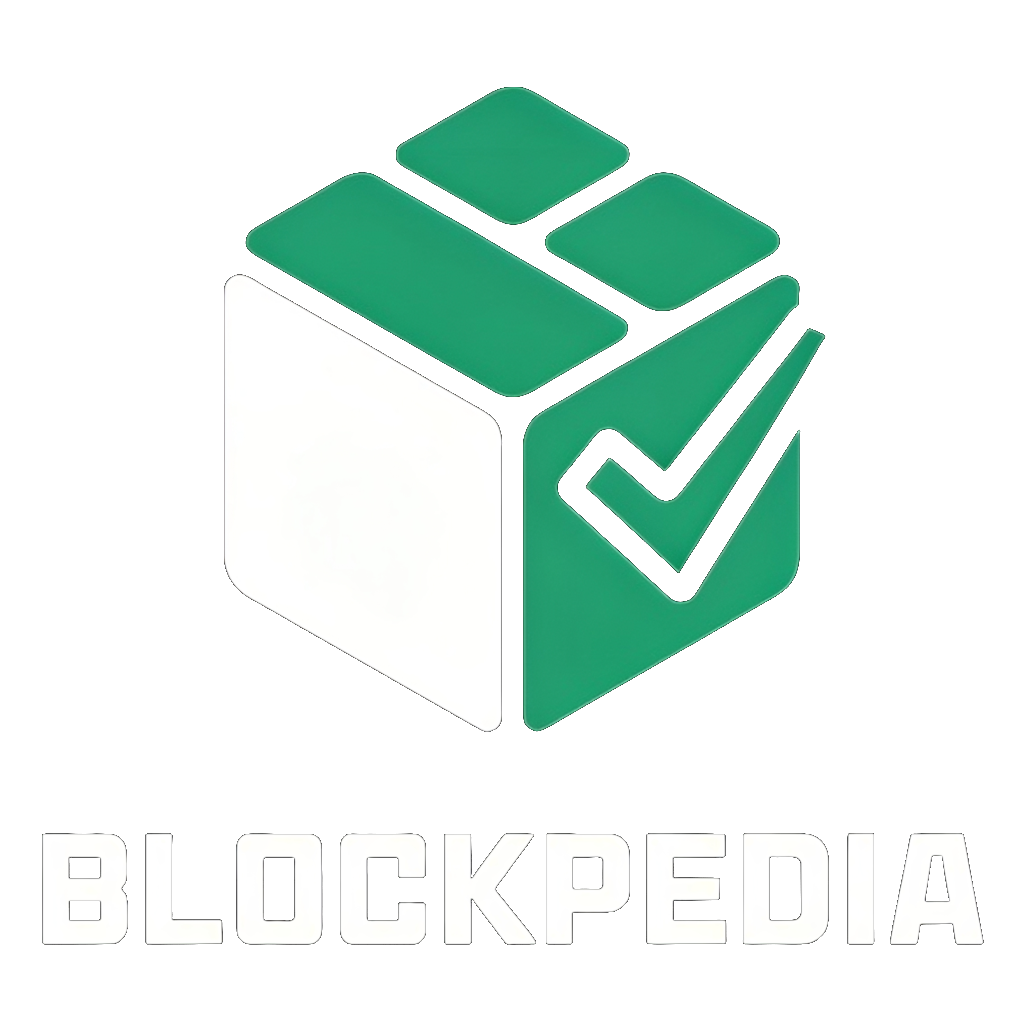Miners
================
Miners are a crucial component of the cryptocurrency ecosystem, playing a vital role in the validation and verification of transactions on a blockchain network. Their primary function is to solve complex mathematical problems, which helps to secure the network and verify the integrity of transactions.
Role of Miners
--------------------
Miners use powerful computing hardware to solve complex mathematical equations, known as hash functions. These hash functions require significant computational power to solve, and the first miner to solve the equation gets to add a new block of transactions to the blockchain. This process is known as mining.
Mining Process
-------------------
The mining process involves the following steps:
1. Transaction verification: Miners verify the transactions in the network to ensure that they are valid and follow the rules of the blockchain.
2. Block creation: Miners collect a group of verified transactions and create a new block.
3. Hash function solution: Miners use their computing power to solve the complex mathematical equation, which requires finding a hash that meets a specific criteria.
4. Block addition: Once a miner solves the hash function, they add the new block to the blockchain.
5. Network update: The updated blockchain is then broadcast to the entire network, ensuring that all nodes have the latest version of the blockchain.
Types of Miners
---------------------
There are several types of miners, including:
* CPU miners: These miners use the central processing unit (CPU) of their computer to mine cryptocurrency.
* GPU miners: These miners use the graphics processing unit (GPU) of their computer to mine cryptocurrency.
* ASIC miners: These miners use application-specific integrated circuit (ASIC) chips, which are designed specifically for cryptocurrency mining.
* Cloud miners: These miners use remote computing power to mine cryptocurrency.
Rewards for Miners
----------------------
Miners are rewarded for their work in verifying transactions and solving complex mathematical problems. The rewards typically include:
* Block reward: A certain amount of cryptocurrency is awarded to the miner who adds a new block to the blockchain.
* Transaction fees: Miners also receive a portion of the transaction fees paid by users of the blockchain.
Challenges Faced by Miners
------------------------------
Miners face several challenges, including:
* Increasing difficulty: As more miners join the network, the difficulty of solving the hash function increases, requiring more powerful computing hardware.
* Energy consumption: Mining requires significant amounts of energy, which can contribute to environmental concerns.
* Regulatory uncertainty: Miners must comply with regulations, which can vary by country and jurisdiction.
